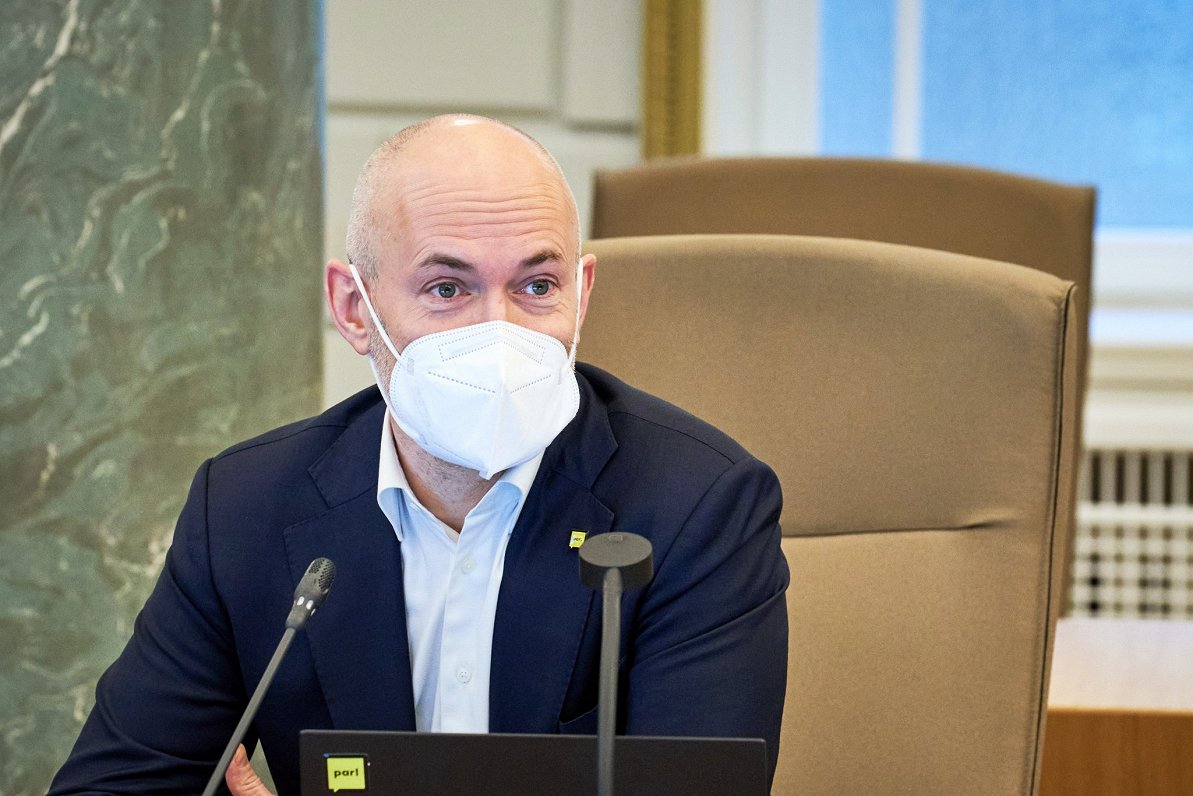"The wave of the Omicron needs to be overcome safely and responsibly, simply and easily by everyone. I therefore call on the coalition partners to agree on a plan to reduce security measures to be implemented in three important steps, gradually removing the limits and facilitating sectoral work," Pavļuts wrote in a statement to the media.
The first step has already been started in schools where the epidemiological situation is stabilizing. As of February 14, no quarantine conditions apply to pupils and educators who have become contact persons. It is also planned to implement these conditions in kindergartens as of February 16.
In the second step, from March 1, Pavļuts suggested that the most extensive reliefs be implemented:
- lifting the ban on activities in closed areas, such as nightclubs and entertainment venues;
- abolishing working hours limits and the requirements of square meters in services;
- removing the requirements for ventilation, distance, and remote work, which will remain recommended;
- abolishing the requirement for a Covid-19 certificate in retail trade;
- significantly increasing the maximum number of visitors in organized events;
- significantly increasing the maximum number of people in private activities;
- no specific group sizes in amateur activities, sports, education are to be set.
In the tourism sector, it is planned to meet the minimum requirements of the European Union: an authorization for non-essential entry from all countries with a Covid-19 certificate or a negative Covid-19 test without a self-isolation requirement.
At the same time, the Minister for Health calls that medical masks or FFP2 respirators still be used indoors and Covid-19 certificates still be used where more people gather and no masks are worn.
As the third step, it is suggested that if the situation in hospitals is stable and a maximum 25 patients are hospitalized with Covid a day, all restrictions could be lifted as of April 1.




























